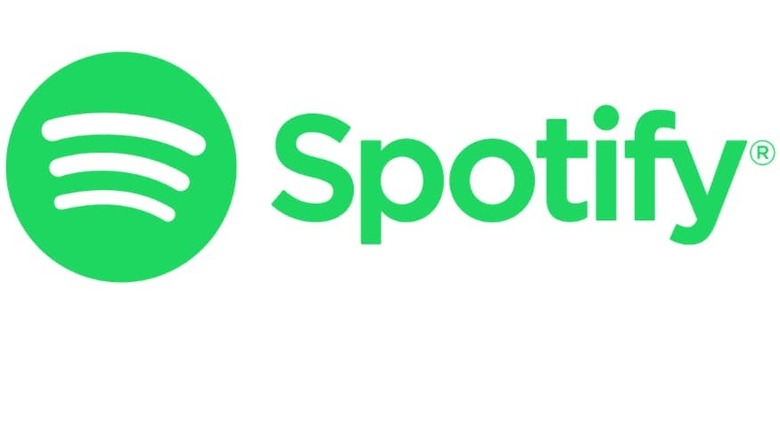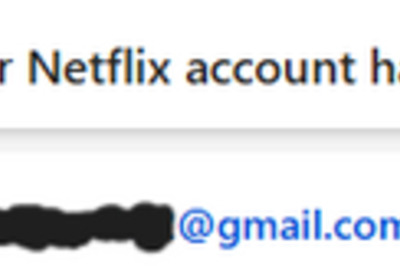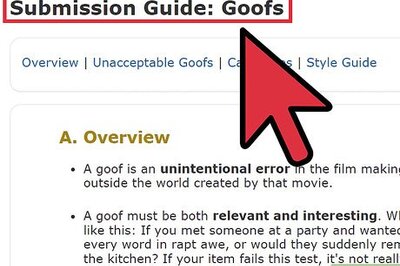
views
After a rather patient wait, interspersed with some cursing, a healthy dash of bewilderment and a bit of teeth gnashing at the delays, we finally can now download, sign up for and start streaming music on Spotify in India. But there is a catch. In India, you will still not be able to access music that the Warner Music Group has the rights to.
The latest chapter of the saga now has the Warner Music Group taking legal recourse in India to stop Spotify from being able to offer the music works it has the rights to, for users in India at least. This means, when you fire up the Spotify app in India right now, what you will get is a very limited number of songs from artists such as Pharrell Williams, Linkin Park, Steve Aoki, Led Zeppelin, Beyonce, Lukas Graham, Madonna, George Michael, Katy Perry, Radiohead, Rihanna, SlashChris Stapleton, Rod Temperton, Justin Tranter and Twenty One Pilot, to name a few. For the search attempts we made, most of the tracks for artists such as Linkin Park, Pharrell Williams and Led Zeppelin for instance, were rescued by the “Featuring XYZ artist” collection of other albums and compilations that would have a handful picks from the works of these artists. Not a wholesome music listening experience then, is it? As things stand, Spotify and Warner Music seem to be nowhere close to a deal, but how did it come to this?
Spotify, for the moment, has declined to give a statement on the matter.
There is no doubt this pitched battle is all about the numbers and the potential for growth. According to the latest numbers by the International Federation of the Phonographic Industry (IFPI), the digital revenues, including from music streaming subscriptions in India, was around $130.7 billion. Also, the IFPI survey suggests Indians spend 21-and-a-half hours a week listening to music, which is significantly more than the global average of 17.8 hours and 95% of internet users in India consume music through on-demand streaming. The latest numbers shared by Spotify confirm that it has 207 million active users globally, of which 96 million pay for Spotify Premium. The Indian market has the potential to become its next biggest source of subscribers and revenue.
We are at this juncture partly because Spotify says that the traditional laws meant for broadcasting and radio services allow it to stream the debated catalogue on Spotify India. More specifically, the rule in question is the Indian Copyright Act of 1957, which was amended in 2012 and then again in 2016. Spotify points to the “Statutory license for broadcasting of literary and musical works and sound recording” rules. The Section 31D of the Copyright Act, 1957 now states that “any broadcasting organization desirous of communicating to the public by way of a broadcast or by way of performance of a literary or musical work and sound recording which has already been published may do so subject to the provisions of this section.”
Simply put, Section 31D gives license to broadcasters without needing to secure a permission, they just need to pay royalties.
It is this interpretation that Spotify is using to counter Warner Music’s unwillingness to allow it to stream what it calls the “associated literary works”, the rights for which are owned or controlled by Warner/Chappell Music Limited.
In a submission for statutory license to the Department for Promotion of Industry and Internal Trade of the Ministry of Commerce & Industry last week, Spotify said, “Spotify and WCM (Warner/Chappell Music; acting in its own capacity and on behalf of PRS) have for several months been in negotiations for a license for Spotify to use the Works in India. WCM initially clarified that it was willing to grant Spotify a voluntary license for India. However, WCM suddenly—and shortly prior to Spotify's planned launch in India—refused to grant Spotify a license for India without providing any reasonable grounds whatsoever for its refusal. After WCM' s refusal, Spotify has continuously reached out to WCM to seek a voluntary license for India, all to no avail. As part of these attempts, Spotify, inter alia, on 19th February 2019, sent WCM a letter reiterating Spotify's willingness to continue discussions for a license allowing Spotify to launch in India.”
Warner Music challenges that saying the statutory license which Spotify is banking on, is meant for traditional broadcast mediums such as radio and television and does not cover music streaming services specifically. “After months of negotiations, Spotify abruptly changed course and has falsely asserted a statutory license for our songwriters’ music publishing rights in India. We had no choice but to ask an Indian court for an injunction to prevent this. It’s our goal to hammer out a deal that works for everyone. We hope this is just a speed bump in the expansion of our long and successful global partnership,” a Warner Music spokesperson said in a statement to Variety.
However, the official memorandum released by the Ministry of Commerce of Industry in September 2016 says, “the provisions of Section 31D are not restricted to radio and television broadcasting organizations only, but cover internet broadcasting organizations also.” Spotify has basis for its claim that web-based music streaming services are now covered under this updated and expanded interpretation of the Copyright Act, 1957. Warner Music, on its part, can also argue that music streaming services equally aren’t, since it isn’t explicitly clear.
Spotify, in its request for a statutory license also says, “WCM has yet to give us a reasonable justification that explains why it is refusing to grant Spotify a license for the Works in India. This is particularly stark given that we understand WCM has licensed various other services to use the Works in India. In the absence of any reasonable justification, we conclude that WCM’s intention is to preclude our entry into the Indian market, denying Indian users of access to one of the world’s leading music services and causing irreparable harm to Spotify.”
The problem with the current ambiguity around Section 31D is that it renders global contracts and agreements useless in a way, which can be the reason for potential legal ramifications and battles between different parties globally. Currently, the copyright laws in India do not have any specific mention of web based music streaming services, something that could change now that streaming has become extremely popular in India.
The delays haven’t helped, and the Warner Music battles aren’t at all making things easier for Spotify in India.
In spite of the Warner Music issue, Spotify will have more than 40 million songs available on the platform in India.
In this part of the world, Spotify is jumping into the battlefield that already includes the likes of JioSaavn and Gaana, both of which also offer a free ad-supported subscription option, as well as the familiar global competition including Apple Music (Rs 129 per month), Amazon Music (bundled with the Rs 999 per year Prime subscription) and Google Play Music (Rs 89 per month). Interesting to note that the latter two also sell their smart speaker ecosystem in India, called the Amazon Echo and Google Home. And we cannot really discount the likes of the Wynk Music, the subscription for which is bundled with Airtel’s mobile subscription plans.
Also Read | Spotify Finally Launches in India to Take on Apple Music, Amazon Music, JioSaavn And Gaana



















Comments
0 comment